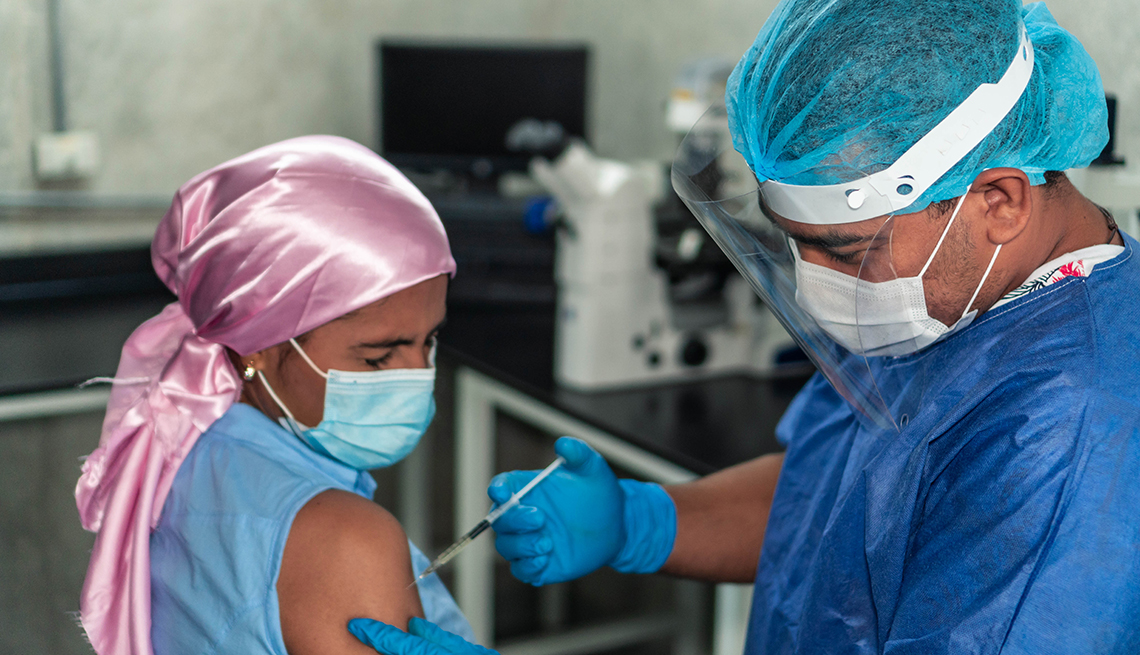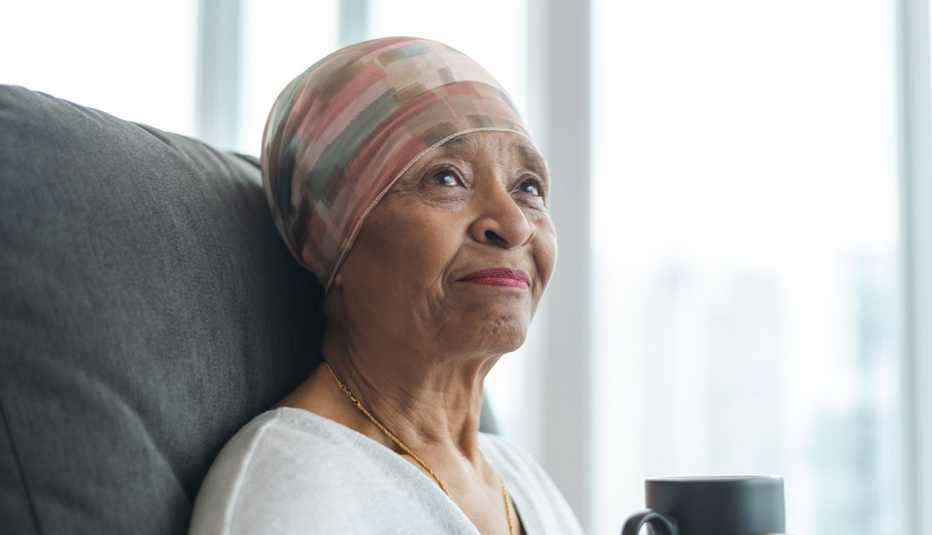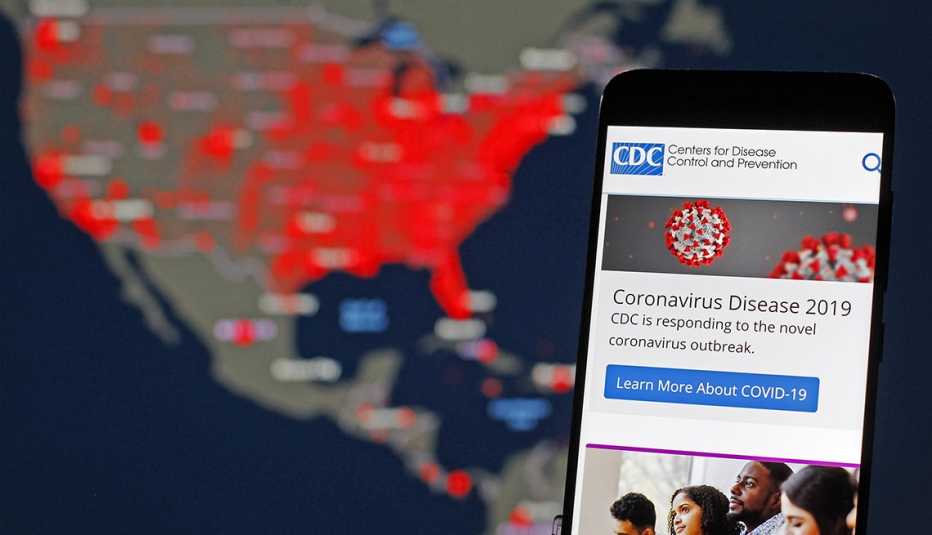Staying Fit
Gary Schiller has been inundated with inquiries from cancer patients about whether they should get an additional dose of the Pfizer-BioNTech or Moderna COVID-19 vaccines.
"There is not a day that goes by that we don't get multiple questions,” said Schiller, M.D., a professor of hematology-oncology and director of the bone marrow and stem cell transplant unit at the University of California, Los Angeles (UCLA).


AARP Membership— $12 for your first year when you sign up for Automatic Renewal
Get instant access to members-only products and hundreds of discounts, a free second membership, and a subscription to AARP the Magazine.
Other health care providers echo similar experiences, including Meghan Baker, M.D., a hospital epidemiologist who works with immunocompromised patients at Dana-Farber Cancer Institute and Brigham and Women's Hospital in Boston. Ever since federal health officials announced on Aug. 13 that people with moderately to severely weakened immune systems should get a third dose of the mRNA vaccines, she has been trying to keep up with patient questions and requests.
The reason: Many, but not all, cancer patients and survivors are considered immunocompromised. And studies show that the typical two-dose vaccine series doesn't produce the same high level of protection in immunocompromised individuals that it does in people with healthy immune systems. But a third shot — not to be confused with the forthcoming booster shot for the general population — gives the immune system the jump it needs to mount a stronger defense against COVID-19. This is especially important for a population already at greater risk for serious illness from COVID-19 as the highly contagious delta variant burns through the U.S.



































































